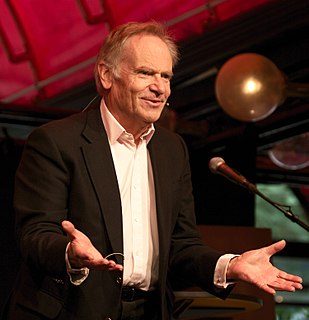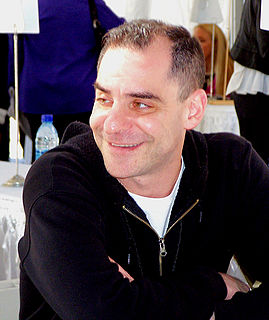A Quote by Gregory David Roberts
I think the novel form chose me. I was a writer before I became a criminal... my first instinct was to write.
Related Quotes
Part of my problem as a young writer was that I was too much a New Yorker, always second-guessing the 'market.' I became so discouraged that I decided to write something that would please me alone - that became my sole criterion. And that was when I wrote 'Forgetting Elena,' the first novel I got published.
No writer, I believe, should attempt a novel before he is thirty, and not then unless he has been hopelessly and helplessly involved in life. For the writer who goes out to find material for a novel, as a fishermen goes out to sea to fish, will certainly not write a good novel. Life has to be lived thoughtlessly, unconsciously, at full tilt and for no purpose except its own sake before it becomes, eventually, good material for a novel.
Often, you have to fail as a writer before you write that bestselling novel or ground-breaking memoir. If you're failing as a writer - which it definitely feels like when you're struggling to write regularly or can't seem to earn a living as a freelance writer - maybe you need to take a long-term perspective.
Objectifying your own novel while writing it never really helps. Instead, I guess while you're writing you need to think: This is the novel I want to write. And when you're done you need to think: This is what the novel I wanted to write feels like and reads like and looks like. Other people might call it sweeping or small, but it's the book you chose.
I'm a relatively disciplined writer who composes the whole book before beginning to execute and write it. Of course, you can't hold - you cannot imagine a whole novel before you write it; there are limits to human memory and imagination. Lots of things come to your mind as you write a book, but again, I make a plan, chapter, know the plot.
Before I sat down and became a writer, before I began to do it habitually and for my living, there was a decades-long stretch when I was terrified that it would suck, so I didn't write. I think that marks a lot of people, a real terror at being bad at something, and unfortunately, you are always bad before you can get a little better.
































